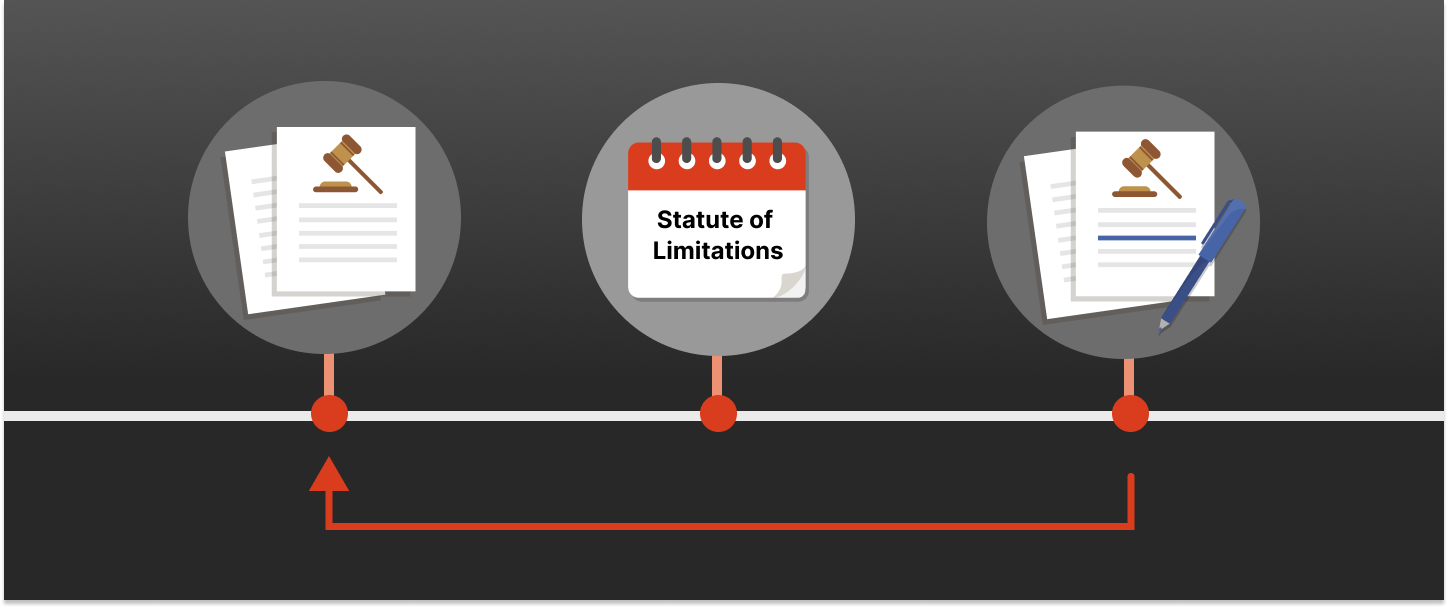Table of Contents
Bar Exam Success
Con Law Quick Tip: The Commerce Clause and its Evil Twin, the Dormant Commerce Clause

Everyone knows the evil-twin trope that pervades fiction. The good-guy protagonist has a twin, the antagonist, who, despite being physically identical to the protagonist, or nearly so, has a diametrically opposed moral compass and is pure evil. Once this dichotomy is established, the rest of the story typically revolves around the good twin vanquishing the evil twin and saving the world. Rarely, if ever, does the evil twin survive.
Unless we’re talking about the Dormant Commerce Clause—the Commerce Clause’s evil twin.
Unless we’re talking about the Dormant Commerce Clause—the Commerce Clause’s evil twin.
Overview of the Commerce Clause
One of the big takeaways from law school constitutional law classes is that the Commerce Clause, which grants Congress the power “to regulate commerce with foreign nations and among the several states, and with the Indian tribes,” has been interpreted to give Congress immense power. The most significant aspect of this power is the authority to regulate commerce “among the several states,” typically called interstate commerce.
SCOTUS has interpreted Congress’s commerce power to authorize Congress to regulate the full spectrum of interstate commercial activity, including:
SCOTUS has interpreted Congress’s commerce power to authorize Congress to regulate the full spectrum of interstate commercial activity, including:
- the uses of the channels of interstate commerce;
- the instrumentalities of interstate commerce, or persons or things moving in interstate commerce; and
- economic activity that substantially affects interstate commerce, solely or in the aggregate.
Because of this broad interpretation, Congress often relies on the Commerce Clause as its authority for federal legislation.
Let’s examine this authority more closely.
Let’s examine this authority more closely.
Uses of the channels of interstate commerce
Congress’s ability to regulate the uses of the channels of interstate commerce allows Congress to prohibit the movement of specified goods through interstate commerce and prevent interstate commerce from being used for harmful or unlawful purposes.
Instrumentalities and persons or things in interstate commerce
The commerce power also authorizes Congress to regulate the instrumentalities of interstate commerce, including persons or things as they move through interstate commerce. This vast power applies even if the threat to interstate commerce comes from activity that occurs entirely within a single state’s borders. Thus, Congress has the power to regulate even purely intrastate activity if Congress finds that such activity threatens to harm interstate commerce.
Economic activity substantially affecting interstate commerce
Finally, the Commerce Clause allows Congress to regulate economic activity that has a substantial effect on interstate commerce, whether through a single instance of the activity or through the aggregation of multiple instances. This particular regulatory ability—commonly referred to as the substantial-effects doctrine—has proven to be a very broad ground for congressional legislation, limited only by the fact that the regulated activity must be somehow, someway economic in nature.
That’s the protagonist—the Commerce Clause. Now, meet the antagonist, the evil twin—the Dormant Commerce Clause.
That’s the protagonist—the Commerce Clause. Now, meet the antagonist, the evil twin—the Dormant Commerce Clause.
Overview of the Dormant Commerce Clause
Even before exploring the substance of the so-called Dormant Commerce Clause, we can see why it’s the Commerce Clause’s evil twin. For starters, the Dormant Commerce Clause isn’t actually a clause at all. In fact, it’s not even included in the Constitution’s text. Instead, it’s a judicially created rule of law that has been inferred from Congress’s broad power to regulate interstate commerce pursuant to the Commerce Clause—classic evil-twin energy.
Also, it’s good to note that because the Dormant Commerce Clause (let’s call it the DCC) isn’t written in the Constitution’s text, it’s also known by some people, especially the people who write the bar exam, as the “negative implications of the Commerce Clause.” That’s a mouthful, so we’ll stick with DCC here, but remember that the terms are synonymous.
Now, let’s look at the DCC’s actual substance. Generally speaking, the DCC prohibits the states from passing laws that either discriminate against or unjustifiably burden interstate commerce.
Also, it’s good to note that because the Dormant Commerce Clause (let’s call it the DCC) isn’t written in the Constitution’s text, it’s also known by some people, especially the people who write the bar exam, as the “negative implications of the Commerce Clause.” That’s a mouthful, so we’ll stick with DCC here, but remember that the terms are synonymous.
Now, let’s look at the DCC’s actual substance. Generally speaking, the DCC prohibits the states from passing laws that either discriminate against or unjustifiably burden interstate commerce.
The DCC Tests
As with much of constitutional law, there are judicially developed tests for analyzing laws to determine whether a particular state law violates the DCC, although discriminatory laws and burdensome laws are analyzed differently.
Discriminatory laws
A statute is discriminatory if it favors in-state interests over out-of-state interests or if it blocks interstate commerce at the state’s border. Discriminatory laws are subject to strict judicial scrutiny. Under this standard, a discriminatory law will be upheld only if the state can prove that the law serves a legitimate state purpose that can’t be served by any nondiscriminatory alternatives. Under this test, the desire to protect intrastate economic interests isn’t a legitimate objective.
Incidentally burdensome laws
A state law that doesn’t facially discriminate against interstate commerce might nonetheless purposefully do so. Non-facially discriminatory laws that burden interstate commerce are evaluated under an intermediate-scrutiny standard called the Pike balancing test. Under this test, the state must show that the law has a legitimate objective, the law is rationally related to that objective, and the burdens on interstate commerce are not clearly excessive as compared to the local benefits. Under this test, legitimate objectives are typically related to a state’s police power.
Sidestepping the DCC
There are 2 important ways a state can sidestep the application of the DCC— through the application of the market-participant doctrine or congressional authorization.
Market-participant doctrine
Under the market-participant doctrine, a state isn’t subject to the DCC if the state is acting as a buyer or seller and not as a regulator making rules for the market as a whole. Thus, the doctrine allows a state to discriminate against interstate commerce if the state is participating in the market, e.g., to purchase only in-state goods or to sell only to in-state buyers. However, the state may regulate its own transactions only in the immediate market; a state may not attempt to regulate subsequent, related transactions.
Congressional authorization
Finally, despite the DCC, a state may burden, discriminate, or otherwise regulate interstate commerce if Congress has expressly authorized it to do so. This is a consequence of Congress’s broad power over interstate commerce. Congress isn’t bound by the DCC because the DCC limits only the states. As the body with the ultimate power to regulate interstate commerce, Congress has the authority to shape interstate commerce as it sees fit. This authority includes the power to allow state regulation that would otherwise be impermissible. Thus, in the end, the Commerce Clause proves to be the stronger twin, keeping its evil twin, the DCC, in check.
Do you want to be 100% prepared for the bar exam? Quimbee Bar Review+ features real, licensed questions from past bar exams, unlimited essay grading by real attorneys, and 300+ beautifully designed video lessons. Elect full-time study during the 11 weeks leading up to the exam or part-time study over a longer period. Want to learn more about the unique features Quimbee Bar Review+ uses to help prepare you for the bar exam? Book a 30-minute tour of the course for free.
Do you want to be 100% prepared for the bar exam? Quimbee Bar Review+ features real, licensed questions from past bar exams, unlimited essay grading by real attorneys, and 300+ beautifully designed video lessons. Elect full-time study during the 11 weeks leading up to the exam or part-time study over a longer period. Want to learn more about the unique features Quimbee Bar Review+ uses to help prepare you for the bar exam? Book a 30-minute tour of the course for free.







